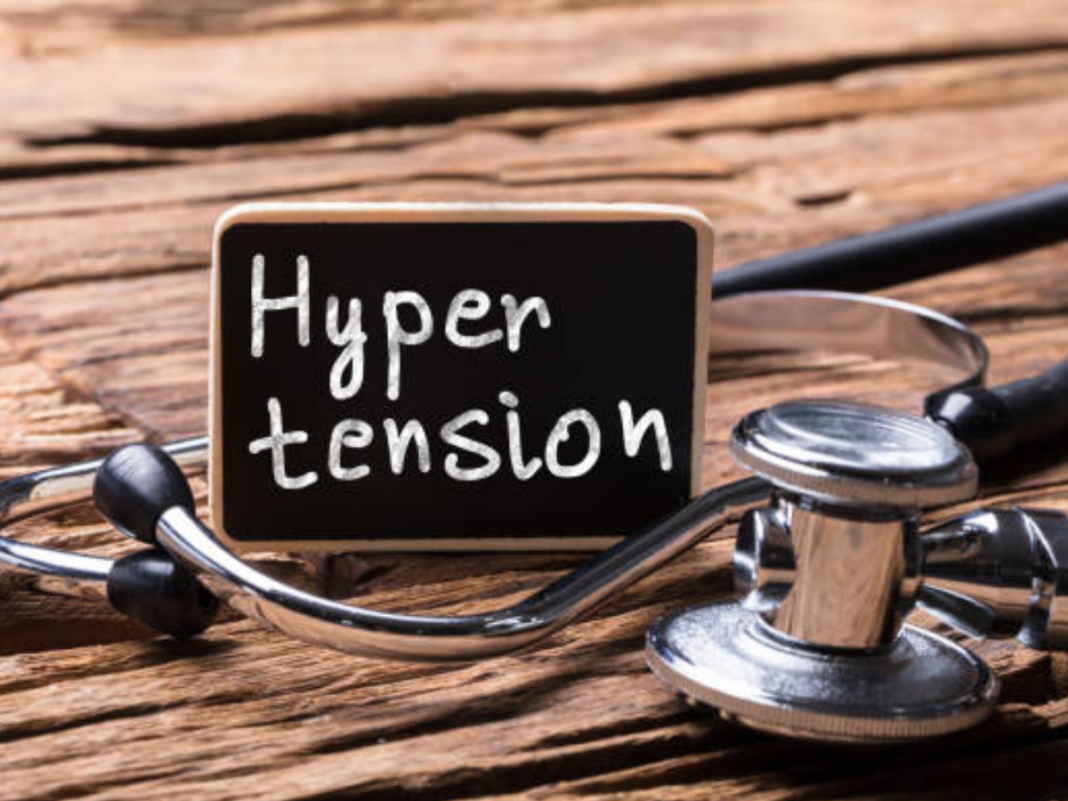Hypertension, commonly known as high blood pressure, is a major health concern worldwide, affecting millions of individuals. As we mark World Hypertension Day 2024, it’s crucial to recognize the early signs and understand effective management strategies to combat this silent killer.
Recognizing Early Signs of Hypertension
Hypertension often progresses without noticeable symptoms, earning its reputation as a “silent killer.” However, some early indicators can signal the onset of high blood pressure. These include frequent headaches, dizziness, shortness of breath, and episodes of nosebleeds. In some cases, individuals may experience blurred vision, chest pain, and a persistent feeling of fatigue. Regular monitoring of blood pressure is essential, especially for those with a family history of hypertension or associated risk factors like obesity, smoking, and a sedentary lifestyle.
Step-by-Step Tips to Manage Hypertension
Effective management of hypertension involves a combination of lifestyle changes, dietary adjustments, and, in some cases, medication. Here are some step-by-step tips to help manage and reduce high blood pressure:
1. Adopt a Healthy Diet: Embrace a diet rich in fruits, vegetables, whole grains, and lean proteins. The DASH (Dietary Approaches to Stop Hypertension) diet is particularly effective. It emphasizes low sodium intake, high potassium levels, and foods rich in calcium and magnesium, all of which help lower blood pressure.
2. Regular Physical Activity: Engage in at least 150 minutes of moderate-intensity exercise per week. Activities such as brisk walking, cycling, and swimming can significantly lower blood pressure and improve cardiovascular health.
3. Maintain a Healthy Weight: Weight management is crucial in controlling hypertension. Losing even a small amount of weight can have a significant impact on blood pressure levels.
4. Limit Alcohol and Avoid Tobacco: Excessive alcohol consumption can raise blood pressure, while smoking damages blood vessels and accelerates the hardening of arteries. Limiting alcohol intake and quitting smoking are essential steps in managing hypertension.
5. Stress Management: Chronic stress can contribute to high blood pressure. Techniques such as yoga, meditation, deep breathing exercises, and adequate sleep are effective in managing stress.
6. Regular Monitoring and Medication: For some individuals, lifestyle changes alone may not suffice. Regular blood pressure monitoring and adherence to prescribed medications are vital. Consult with healthcare professionals to determine the best treatment plan tailored to your needs.
Conclusion
Awareness and proactive management of hypertension can prevent severe complications such as heart disease, stroke, and kidney failure. By recognizing early signs and adopting a healthy lifestyle, individuals can significantly reduce their risk and lead healthier lives. This World Hypertension Day, let’s commit to monitoring our blood pressure and making informed choices for better health.
Source; Hindustan Times



